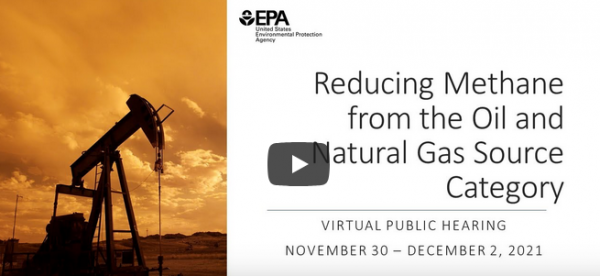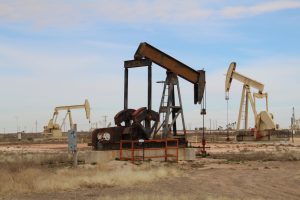New Mexicans Testify at EPA Hearing: Odile Coirier, FFM
EPA Methane Pollution rules hearing statement, November 30, 2021
Hello, my name is Odile Coirier, I am a Catholic Sister, working with Interfaith Power and Light New Mexico-El Paso Region. I live in El Paso Texas.
 I strongly approve EPA’s step forward to advance President Biden’s commitment to action on climate change and protect people’s health by proposing comprehensive new protections to sharply reduce pollution from the oil and natural gas industry – including, for the first time, reductions from existing sources nationwide.
I strongly approve EPA’s step forward to advance President Biden’s commitment to action on climate change and protect people’s health by proposing comprehensive new protections to sharply reduce pollution from the oil and natural gas industry – including, for the first time, reductions from existing sources nationwide.
However, achieving a robust and protective rule will require EPA to fill gaps on critical issues such as frequent inspections for smaller wells and a ban on routine flaring when it finalizes the rule.
I arrived in El Paso two years ago. This beautiful region is surrounded by Mountains. This is a gorgeous landscape. Yet, the oil and gas sector impact our environment. Flaring is a practice that is rampant in this sector. We can see black smoke, fire liberating toxic products in the atmosphere. The bad smell is unbearable. We all know that the contribution of methane emissions to global warming is 25% higher than previous estimates. Methane is a key precursor gas of the harmful air pollutant, tropospheric ozone.
I am deeply concerned about the health of our communities. The most vulnerable are the ones who suffer the most. Some companies are settled in their backyard.
I am concerned about the environment when unceasing pollution create an unhealthy air, hence the high rate of respiratory illness among the adults and the children.
I am concerned because as people of faith we have a moral imperative to care for our common home and to protect the voiceless.
EPA must strengthen their proposed rule to protect public health and the climate, through a supplemental rulemaking or other action, in order to:
- End the wasteful and dangerous practice of routine flaring at oil and gas facilities, as states like Colorado and New Mexico have done already.
- Require regular monitoring at all smaller, high-polluting and leak-prone wells, and work to incorporate emission monitoring results generated by community groups and other third parties into its standards.
Thank you for the opportunity to share my comments. On behalf of my community and my organization I urge EPA to set stronger standards, eliminate loopholes for smaller operations, and end venting and flaring from oil and gas facilities.
Finally I urge EPA to finalize this rulemaking as quickly as possible, climate change is an emergency and our planet cannot afford further delay.
Thank you!


